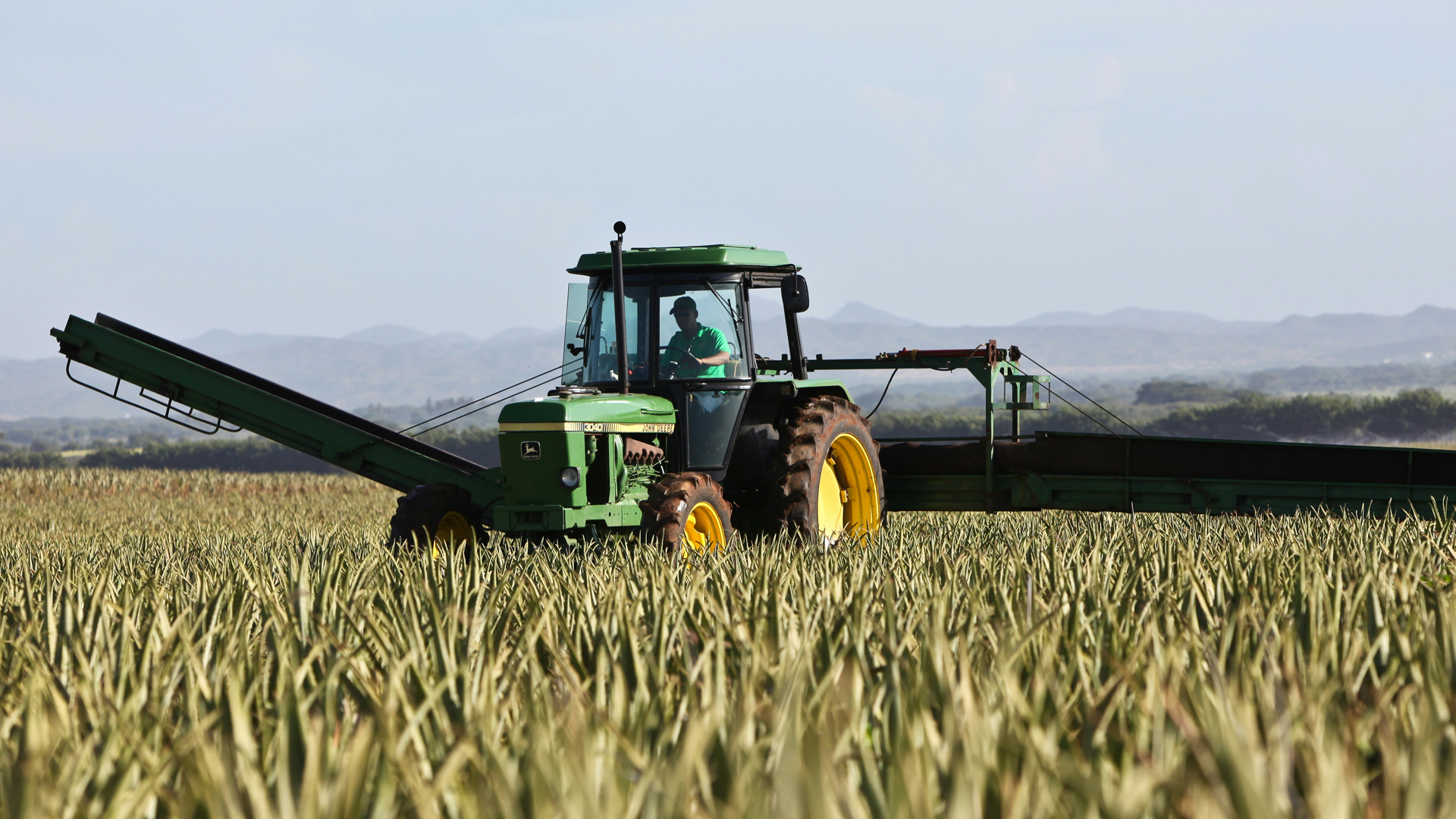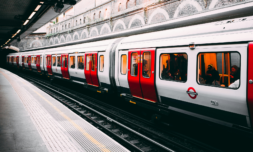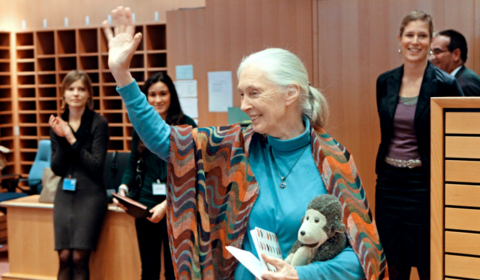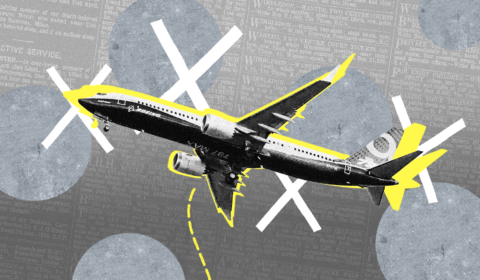Thousands of tractors have blocked routes in the capital as farmers demand better pay and fewer environmental regulations.
Tensions between France’s farmers and government reached boiling point this week, after thousands of tractors threatened to blockade Paris for an indefinite period.
The protest is the culmination of a months-long demand for better pay among French farmers, who feel threatened by environmental regulations and competition from cheap imports.
‘This is the final battle for farming. It’s a question of survival’ one farmer told a French news outlet this week.
Despite government efforts to avoid escalation of the protests, which have seen them drop plans to reduce subsidies on diesel and promise to ease environmental regulations, farmers are still demanding further action.
‘We need answers’ said Karine Duc, a farmer in south-western Lot-et-Garonne. She had joined a convoy of tractors heading for Paris, blocking vital routes into the capital.
Mass protests by farmers have grown across Europe in recent weeks, as they complain about falling incomes and environmental policies they believe undermine their ability to compete.
‘We want […] to increase pressure. So we will block all the main highways that go to and from Paris, up to 30km [18 miles] from Paris’ said Arnaud Rousseau, head of the influential farmers union FNSEA.
In response to the protests, the French government have deployed 15,000 police and gendarmes.
But Rousseau said it was not their intent to damage supermarkets, tax offices or other public spaces.
‘Our goal is not to annoy French people or make their lives difficult’ he said, ‘but to put pressure on the government’.
By Monday evening, there were 97 miles of traffic jams reported on motorways leading to Paris. Authorities advised drivers to cancel or postpone all but essential travel, and interior minister, Gérald Darmanin warned that the blockade could impact supplies of fresh food to around 12 million people.
Farmers have shared that they aim to establish eight ‘chokepoints’ on significant roads in Paris.
But despite these concerns, the farmers protest has received an overwhelming amount of support from online users.




















